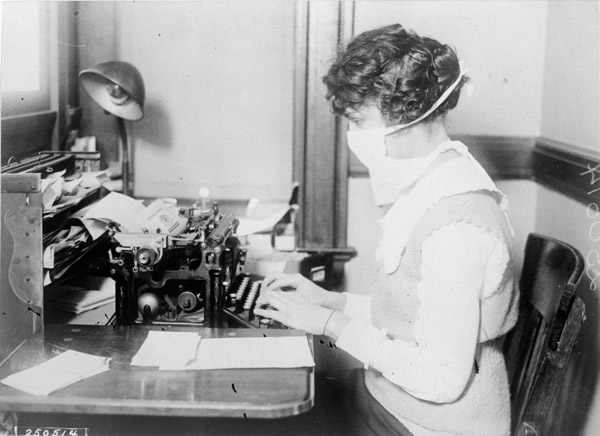I watch Frontline the way most Americans watch slasher films and zombie TV dramas: to frighten the fuck out of myself. The recent episode, “Hunting the Nightmare Bacteria,” pointed out a yawning hole in the free market: Big Pharma companies have very few antibiotics in R&D because they’re expensive to develop and they’re supposed to be used as little as possible. It’s much more feasible to produce a diabetes or heart drug–something for long-term care.
Of course, we actually haven’t been careful about restricting antibiotics, overprescribing them to humans in the past and currently practically pouring them into livestock. And the more we use these drugs, the less efficacy they possess. So the ones we have are losing effectiveness, and there are no answers in the pipeline. From Maryn McKenna’s Medium essay, “Imagining the Post-Antibiotics Future“:
“Predictions that we might sacrifice the antibiotic miracle have been around almost as long as the drugs themselves. Penicillin was first discovered in 1928 and battlefield casualties got the first non-experimental doses in 1943, quickly saving soldiers who had been close to death. But just two years later, the drug’s discoverer Sir Alexander Fleming warned that its benefit might not last. Accepting the 1945 Nobel Prize in Medicine, he said:
‘It is not difficult to make microbes resistant to penicillin in the laboratory by exposing them to concentrations not sufficient to kill them… There is the danger that the ignorant man may easily underdose himself and by exposing his microbes to non-lethal quantities of the drug make them resistant.’
As a biologist, Fleming knew that evolution was inevitable: sooner or later, bacteria would develop defenses against the compounds the nascent pharmaceutical industry was aiming at them. But what worried him was the possibility that misuse would speed the process up. Every inappropriate prescription and insufficient dose given in medicine would kill weak bacteria but let the strong survive. (As would the micro-dose ‘growth promoters’ given in agriculture, which were invented a few years after Fleming spoke.) Bacteria can produce another generation in as little as twenty minutes; with tens of thousands of generations a year working out survival strategies, the organisms would soon overwhelm the potent new drugs.”
Tags: Alexander Fleming, Maryn McKenna

